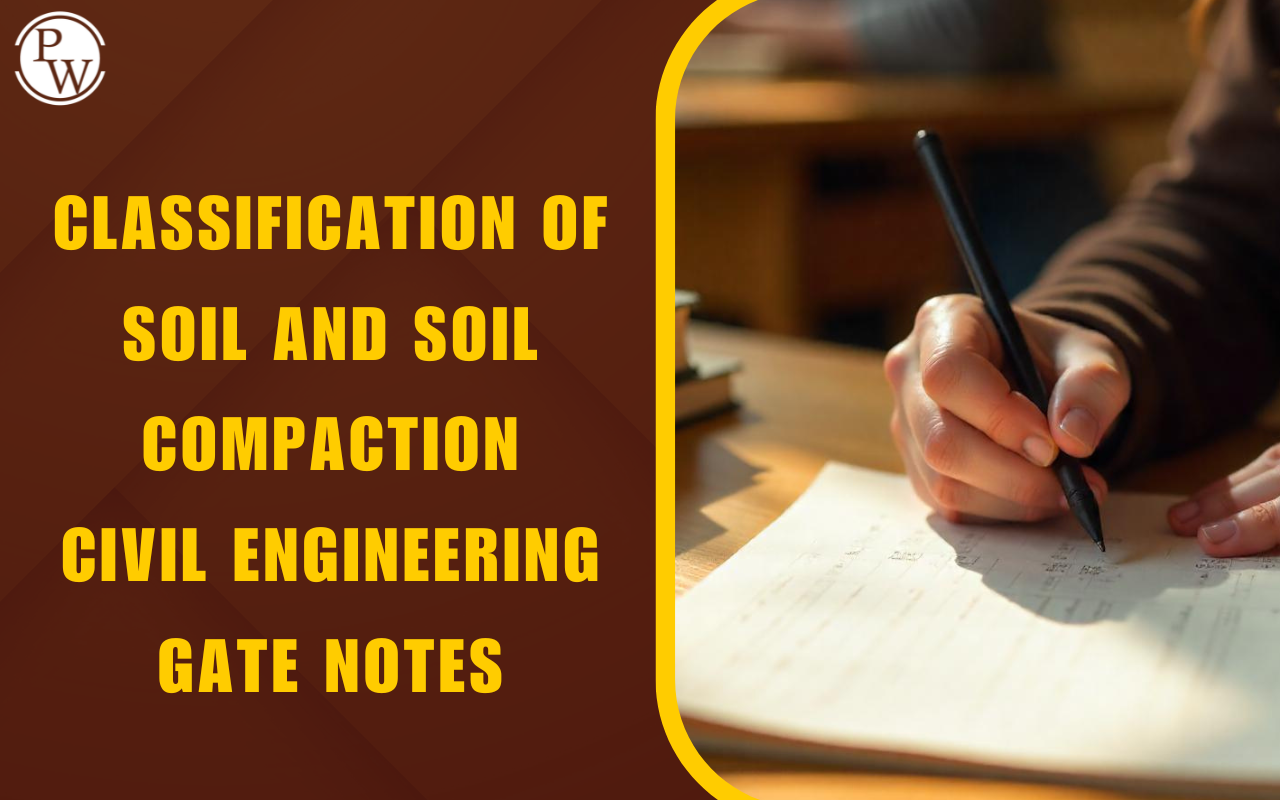
Which Engineering Branch is Preferred for ISRO?- ISRO, an abbreviation for Indian Space Research Organisation, is one of the world's premier space organisations, noted for its low-cost endeavours and innovative technologies. ISRO has launched numerous missions with excellent results. According to Dr. A.P.J Abdul Kalam, one of the most famous scientists of all time, 'Climbing to the top takes strength, whether it is to the peak of Mount Everest or the pinnacle of your career'.We have discussed “Which engineering branch is preferred for ISRO?”, as well as the educational path that you must take to join this prominent space organisation, through this blog.
Also Read: ISRO URSC Recruitment 2024
Which Engineering Branch is Preferred for ISRO?
The Indian Space Research Organisation, headquartered in Bengaluru, is the country's national space agency. It is controlled by the Department of Space (DOS), which is directly directed by India's Honourable Prime Minister, and ISRO's chairman also acts as DOS's executive. ISRO was created in 1969 with the goal of developing and applying space technology for national development, as well as conducting planetary exploration and space science research. ISRO superseded INCOSPAR (Indian National Committee for Space Research), which was founded in 1962 by India's first Prime Minister, Pt. Jawaharlal Nehru, and scientists Vikram Sarabhai, who are two of the country's founding fathers of the Indian space programme.
ISRO needs, for the position of scientist, graduates in the field of Civil, Electrical, Architecture, Mechanical, Aerospace, Radio Engineering, Electronics, computer science and Refrigeration and Air Conditioning streams.
Best Engineering Branch for ISRO Jobs
To maximise their chances of getting into ISRO, experts recommend that hopefuls pursue one of the following engineering disciplines.
- Mechanical engineering.
- Aerospace engineering.
- Engineering physics.
- Radio engineering.
Which Engineering Branch is Preferred for ISRO? - Computer Engineering
Computer engineering is concerned with the design and prototyping of computer hardware and software. This course combines electrical engineering and computer science , and you may choose to study computer engineering with one of these related subjects.
- You're interested in a computer-related engineering job, such as software development or computer engineering.
- You are interested in mathematics, physics, and computers and want to understand more about how they work on a physical level.
- You wish to create new products and systems based on the technical advancements of computer scientists.
To acquire a job with ISRO after Computer Engineering, you must complete these steps:
- You must get at least 65% in your BTech/BE programme.
- You should be under 35 years of age.
- To join the team, you must pass the ISRO Centralised Recruitment Board examination, which consists of a written exam and an interview.
Computer engineering specialisations may overlap with those given in computer science degrees, such as computer graphics and networking security. Microprocessor/microcontroller systems, computer architecture, and VHDL (hardware description language) design are examples of specialized courses specific to computer engineering.
Also Read: ISRO Full Form
Which Engineering Branch is Preferred for ISRO?- Aerospace Engineering
This discipline of engineering focuses on aircraft research, design, development, building, testing, science, and technology. You might also study astronautical engineering, which focuses on spaceships and the extreme conditions of space.
- You are captivated by the history and methods of flying aircraft, from the first conceptual sketches to the development of current jets.
- You are particularly interested in the physics of air travel.
- You're interested in computer simulations and examining how aircraft machinery operates in extreme conditions.
If you study aeronautical engineering, you may focus on aerodynamics, aeroelasticity, composites analysis, avionics, propulsion, and structures and materials.
Also, Check – ISRO Chairman List
Which Engineering Branch is Preferred for ISRO?- Civil Engineering
Civil engineering is the professional activity of planning and building infrastructure projects. This can occur on a large scale, such as the creation of national transportation systems or water supply networks, or on a smaller scale, such as the construction of individual roads or buildings.
- You are interested in designing and making things.
- You are interested in mechanics, hydraulics, geotechnics (the application of knowledge of the Earth's crust to construction challenges), materials science, and statistical analysis.
- You want to improve your design abilities, especially in computer-aided design.
Civil engineers commonly specialise in structural engineering, architectural engineering, transportation engineering, geotechnical engineering, environmental engineering, and hydraulic engineering.
Also Read: ISRO Scientist eligibility criteria
Which Engineering Branch is Preferred for ISRO?- Mechanical Engineering
Mechanical engineering is one of the oldest and most diverse branches of engineering, focusing on the design, manufacture, and maintenance of mechanical systems. You will learn about statics and dynamics, thermodynamics, fluid dynamics, stress analysis, mechanical design, and technical drawing.
- You enjoy tinkering with mechanical devices (you may perhaps explore aeronautical engineering).
- You're interested in creating fresh and unique ideas in industries like renewable energy and artificial intelligence.
- You want to collaborate with an interdisciplinary team to develop and enhance mechanical technology.
This is a wide subject that intersects with many other types of engineering. The most frequent mechanical engineering specialisations include manufacturing, transportation systems, combustion, nanotechnology, and robots. Mechatronics engineering may also be of interest, as it mixes mechanical and electrical engineering with computer and control engineering.
Check: ISRO Exam Preparation Strategy
Which engineering branch is preferred for ISRO?- Electrical/ Electronics Engineering
Electrical and electronics engineering both deal with the application of electrical power. Electrical engineers specialise in large-scale power generation and distribution, whereas electronics engineers specialise in much smaller electronic circuits, such as those found in computers.
- You're interested in how electrical equipment and systems function.
- You wish to contribute to the next era of technological growth.
- You naturally want to understand how any electrical system works and have suggestions for how it may be improved.
You might specialise in the following electrical and electronics engineering fields: power production and supply, communications and media, computer systems, and robotic systems.
| GATE 2024 Branch Wise Paper Analysis | |
| GATE DA Paper Analysis 2024 | GATE ME Paper Analysis 2024 |
| GATE CH Paper Analysis 2024 | GATE IN Paper Analysis 2024 |
| GATE CSE Paper Analysis 2024 | |
Which Engineering Branch is Preferred for ISRO FAQs
Which engineering branch is preferred for ISRO?
What is the best branch to join ISRO?
Which is the best engineering branch for ISRO?
Does ISRO employ computer science Engineers?









